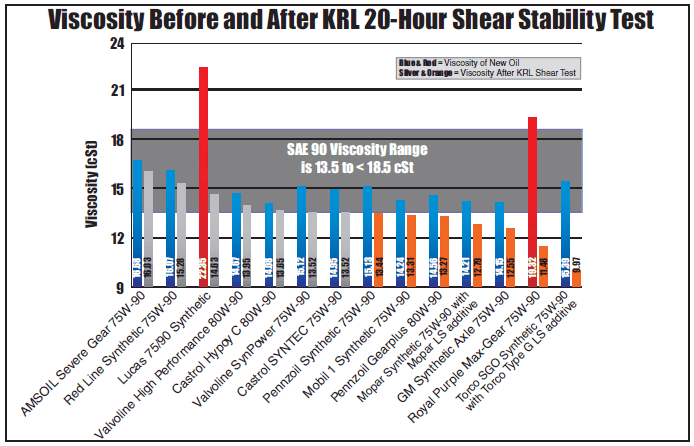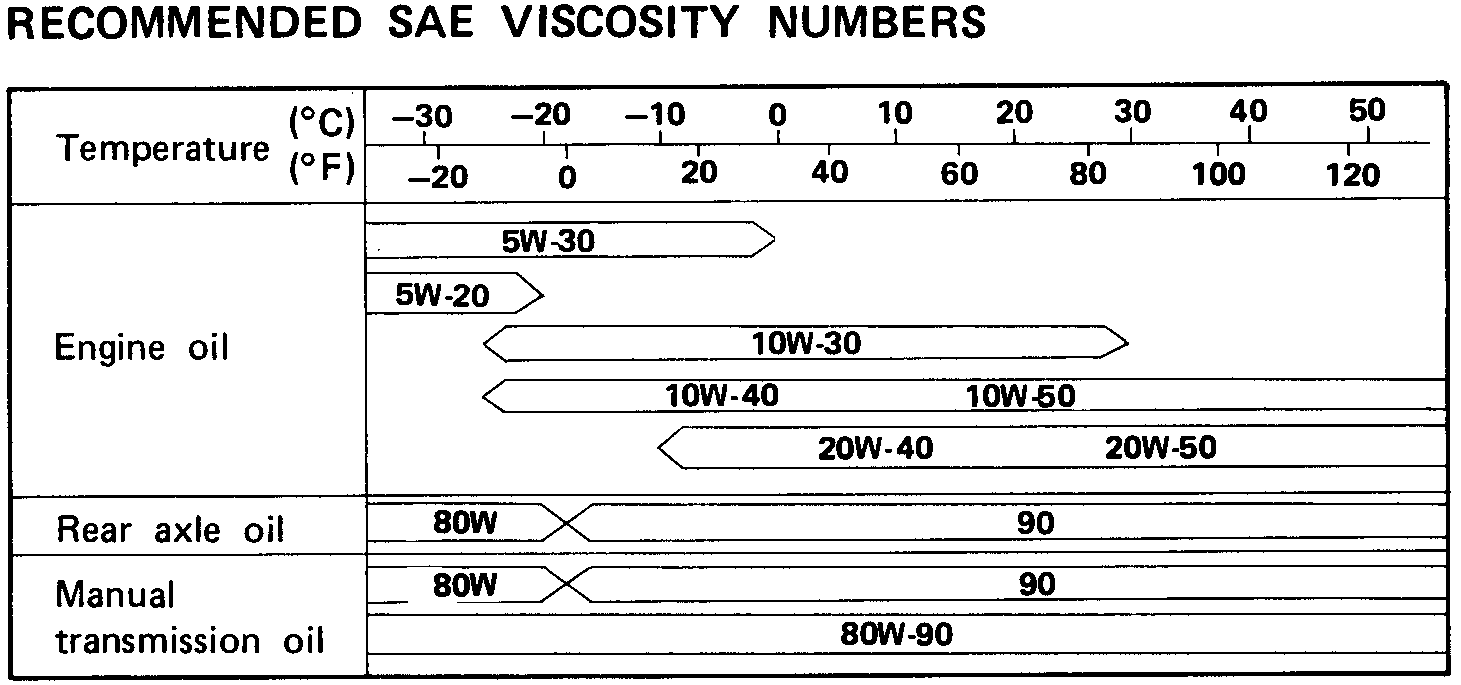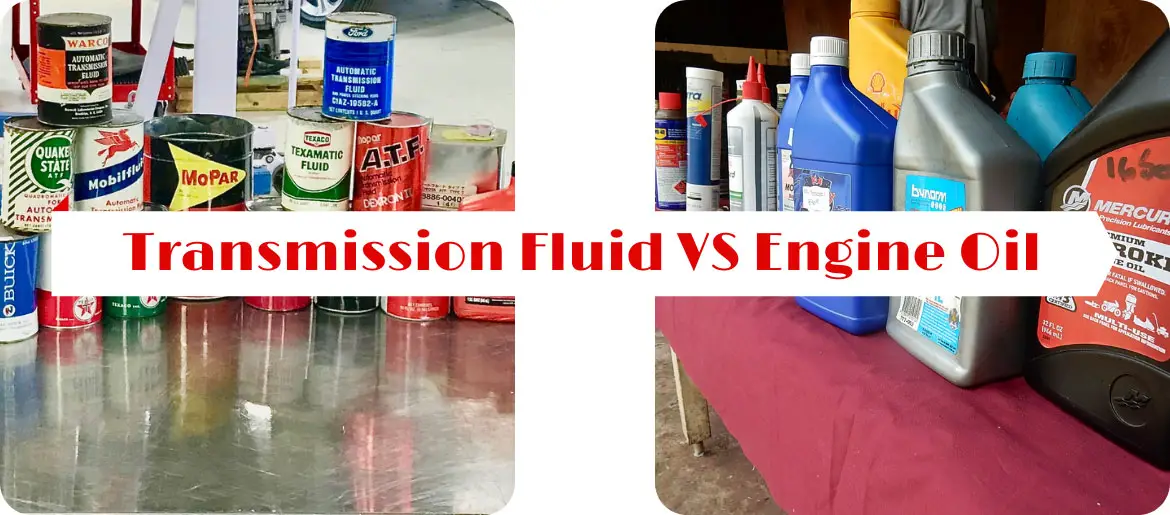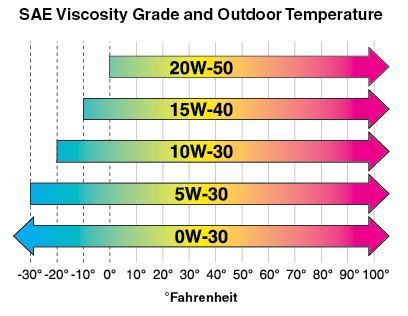

The gearbox working includes a lot of pressure.

Therefore, the thickness of gear oil increases its time span. Unlike transmission fluid, it doesn’t boil off whilst transferring the heat from the gear train. On the other hand, gear oil is capable to stand with the increasing temperature in the gearbox. > Finding cheap used cars from reliable Japanese sellers? Click here << Heat Resistance of transmission fluid and gear oil. But, since it’s thin and has a lower boiling point, the heat can decrease the life expectancy of transmission fluid. It generally transfers the heat, which is the result of friction, from various internal parts.

Transmission fluid performs as a coolant too. It provides cushioning effect that protects gears to be damaged from the shocks. The reason for that is the function of gear oil to lubricate the entire gear train. When talking about the viscosity of transmission fluid vs gear oil, of course, gear oil is the thicker one. Transmission fluid is thin because it needs to flow constantly from the engine to the other parts in order to pass on the power. The viscosity of transmission oil comes somewhere about 0W/5 to 5W/10. It’s thin and lubricates the fragile parts of the car system. The viscosity indicates how thicker a liquid is. So, let’s measure the efficiency of both liquids based on these aspects. In order to understand the difference between transmission fluid and gear oil, aspects like viscosity, heat resistance, and pressure tolerance play an important role. So let’s get started! Transmission Fluid VS Gear Oil-Which one is better When we talk about transmission fluid VS gear oil, many factors play their role to differ these two components.

Based on the application of these oils in equipment, the functionality may diverge drastically. Transmission and Gear oil are two different liquids that come in the category of lubricants.


 0 kommentar(er)
0 kommentar(er)
